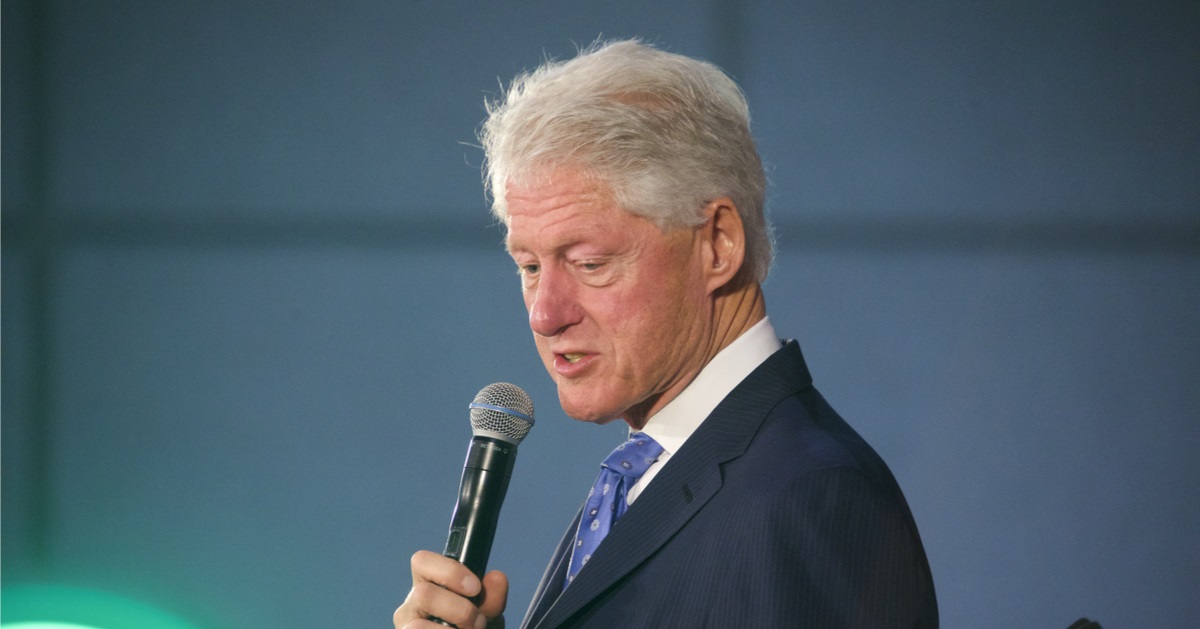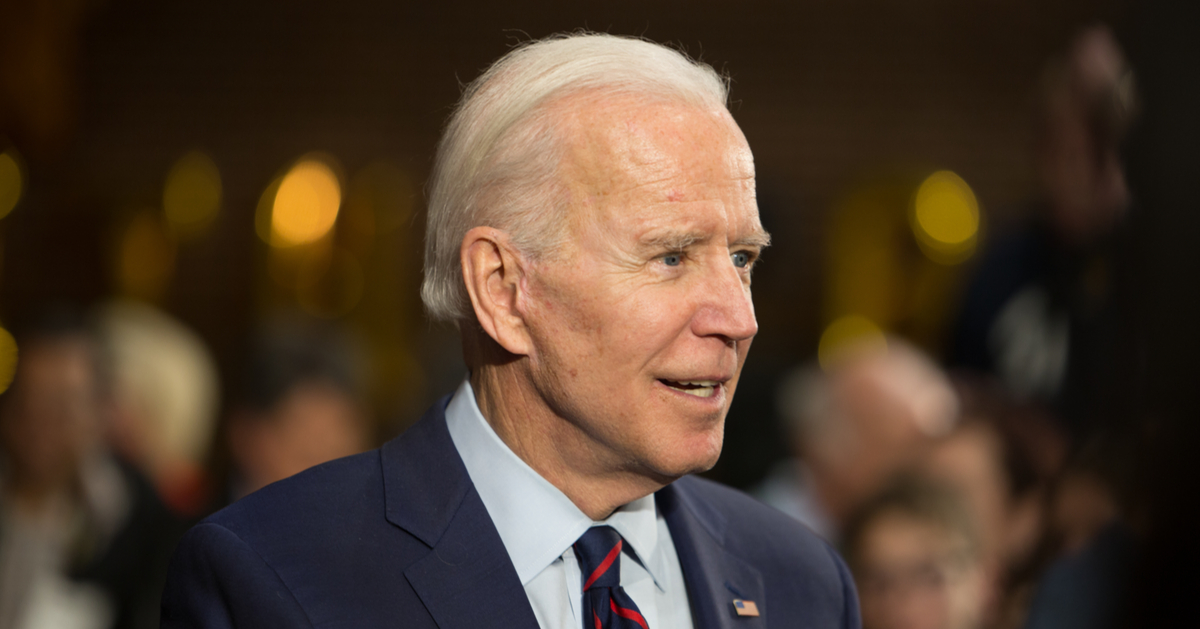Justice Barrett sharply criticized after siding with liberal justices against Arizona election integrity law
Of former President Donald Trump's three appointments to the Supreme Court, Justice Amy Coney Barrett has proved to be the most vexing and unpredictable to court watchers in terms of where she will stand on any given case.
Barrett's independent streak was on display again, prompting attacks from some Trump supporters, after she aligned with her liberal colleagues in the minority against an election integrity law in Arizona, according to Newsweek.
Yet, despite her increasing tendency to side with the liberals on certain cases, Barrett clearly remains part of the court's six-member conservative-leaning majority and will likely be praised by her current critics when she rules in future cases in a way that pleases them.
Arizona's law requiring proof of citizenship for voter registration
At issue here is a 2022 election integrity law passed by the Republican-led Arizona legislature that required would-be voters to provide proof of citizenship when registering to vote in the state -- a law that was instantly challenged by the Biden-Harris administration and liberal voting rights advocacy groups, according to SCOTUSblog.
A district court judge blocked the law from being enforced last year after they agreed that the National Voter Registration Act of 1993, which requires registrants to attest under penalty of perjury that they are eligible citizens but doesn't require proof of citizenship, supersedes Arizona's law, as well as that a 2018 consent decree with the federal government barred the state from changing its election laws.
The Democratic-led state declined to defend the law so Republican legislative leaders and the Republican National Committee intervened and appealed the decision to the 9th Circuit Court, where a three-judge panel upheld the NVRA portion of the ruling, meaning Arizona couldn't require proof of citizenship for those who filled out the standard federal form, but struck down the consent decree portion and said the state could require proof of citizenship for those who filled out state-level registration forms.
However, in early August, a second 9th Circuit panel overruled the first panel and reimposed the district court's block on the entire law, which prompted an emergency appeal to the Supreme Court in light of fast-approaching deadlines ahead of November's election.
Split decision from a divided court
In a one-page unsigned order released on Thursday, a 5-4 majority of the Supreme Court essentially put back in place what the first 9th Circuit panel had done and allowed Arizona to enforce the law requiring proof of citizenship for state-level voter registration forms but not for the standard federal form.
The brief order did not provide any explanation for the court's decision but did note that conservative Justices Clarence Thomas, Samuel Alito, and Neil Gorsuch would have allowed Arizona to enforce the entire law while liberal Justices Sonia Sotomayor, Elena Kagen, and Ketanji Brown Jackson, plus Justice Barrett, would have kept the law blocked in its entirety.
According to Newsweek, Barrett's alignment with the liberal jurists on this election integrity issue prompted several attacks against her on social media by the "MAGA" crowd, some of whom lamented what a "massive disappointment" she's been, how she's actually a "liberal in conservative clothing," and how her appointment by former President Trump was a "disaster" and consequential "mistake."
Barrett's "independent streak" and defiance of partisan expectations
It was just last month, following the conclusion of the Supreme Court's term, that numerous media outlets including the New York Times published lengthy articles highlighting Justice Barrett's "independent streak" and the increasing frequency of her willingness in both concurrences and dissents to distance herself from her conservative colleagues and align herself with the court's liberal minority.
The reality has defied the early predictions from both Republicans and Democrats alike about how she would be a reliable conservative vote, though there were a few court watchers, such as George Washington University law professor Jonathan Turley, who accurately foresaw how Barrett likely wouldn't be constrained by conventional partisan thinking.
Turley told Newsweek that Barrett has always been an "independent thinker who is willing to go wherever her principles take her" and how "Democrats were dead wrong about her in their relentless attacks and that she was not nearly the ideologue that they stereotyped in the hearings."
While not applicable in this instant case about Arizona's election law, the law professor added that Barrett's written opinions "show that she has thought deeply about these issues and had the courage of her convictions. I have disagreed with her at times on the court, but I have greatly respected her penetrating questions in oral argument and her independence in ruling on cases."



